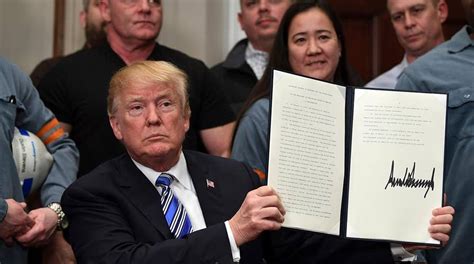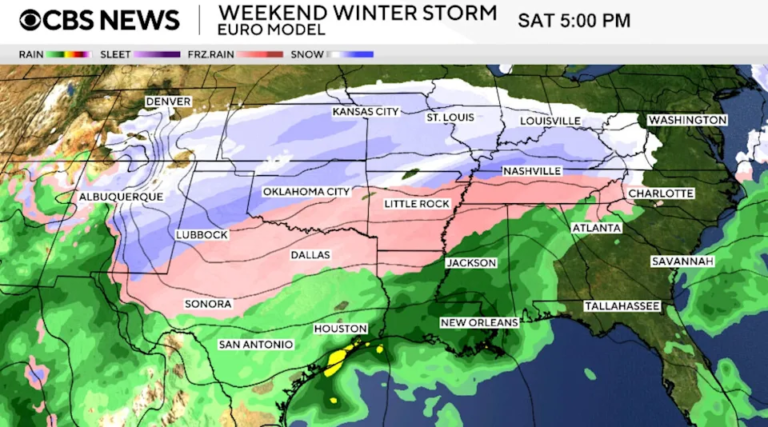
(President Donald Trump announcing the Tariffs and signing the executive order)
Breaking News!
President of the United States Donald Trump has announced a 25% tariff on Canada and Mexico, along with an additional 10% tariff on China. Many feared these tariffs could strain diplomatic and economic relations, especially considering Canada’s strong alliance with the U.S. and Mexico’s vital role as a key trading partner, particularly in the automotive industry. Trade data from the Census Bureau (2023) highlights the significant economic ties between these nations.

Data source: Census Bureau 2023
But despite the controversy, it seems like the President of the United State’s choice brought great deals that supported the cause of President Donald Trump, Canadian Prime Minister Justin Trudeau offered $1.3 billion CAD ($900 million USD) for U.S. border security, including drones, helicopters, more guards, and a joint task force. After talks with Trump, Canada also appointed a fentanyl czar and agreed to label Mexican drug cartels as terrorist organizations. However, Newfoundland and Labrador’s premier noted that Canada’s fentanyl flow to the U.S. is minimal compared to the southern border.

(President Trump signing executive orders)
Meanwhile, Mexican President Claudia Sheinbaum responded by deploying 10,000 National Guard troops to Mexico’s northern border. This move was seen as a diplomatic victory for President Trump, leading him to temporarily suspend the tariffs on both Canada and Mexico. However, the tariffs were only paused for 30 days, suggesting that Trump may have broader economic plans that could still impact these nations. Critics argue that a diplomatic approach might have achieved similar results without the economic risks posed by the tariffs.

On the other hand, China retaliated swiftly, imposing tariffs on selected American goods just days into President Trump’s second term. With both nations being global economic powerhouses, the escalation of trade tensions could have severe consequences for both economies, raising concerns about a potential full-scale trade war.
The next 30 days will be crucial in determining whether these temporary pauses lead to a more permanent resolution or if further trade disputes emerge under Trump’s evolving economic strategy.
(President of China Xi Jingping in his office)
As the world watches closely, the coming weeks will reveal whether these economic maneuvers lead to long-term agreements or further trade disputes. With tensions rising, particularly between the United States and China, the global economy stands at a crossroads. Will diplomacy take center stage, or will tariffs and countermeasures define the next chapter of international trade? For now, all eyes remain on Washington, Ottawa, Mexico City, and Beijing as negotiations and strategic


